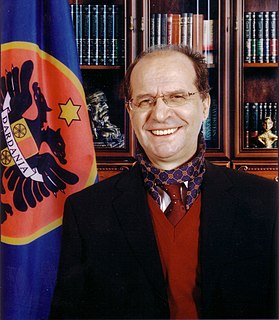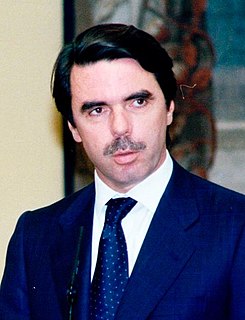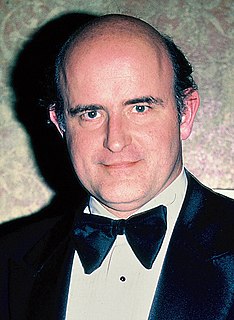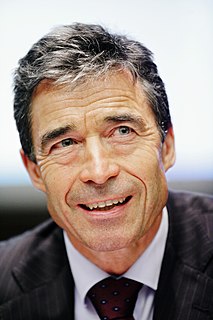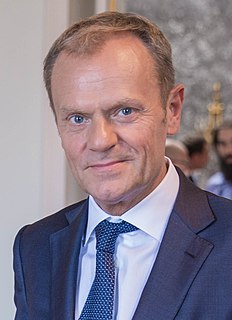A Quote by Ibrahim Rugova
Kosovo today is closer to Europe than other countries in the region of South Eastern Europe.
Related Quotes
Once the Eastern Bloc collapsed, what I call 'historical spontaneity' prevailed and the countries that were subject to Soviet control naturally gravitated to the West. That's where they sought their security; I don't think there was a way to avoid that. If we tried to exclude them, we would have today not one Europe, we would have three Europes: one in the West, one in the middle and one in the East, and the middle would be insecure and a tempting target. The insecurity felt [today] by Eastern Europe would be replicated on a much larger and more consequential scale.
Every writer owes something to a particular tradition he/she grew up in. But no serious writer - other than the militantly nationalist ones - would reduce his/her domain of influence to a single tradition. Furthermore, historical breaks are so common and large in Europe that there are ruptures in every tradition which then connect the same generations across national borders. Younger Eastern European writers, for instance, have more in common with other writers of the same age in Europe, than with the previous, communist-era generations in their own countries.
The truth is that we have long had a multi-track Europe with very different objectives. The traditional differences between the north and the south in fiscal and economic policy are far less problematic than those that exist between Eastern and Western Europe. In the south and east, China is steadily gaining more influence, such that a few EU member states no longer dare to make decisions that run counter to Chinese interests. You see it everywhere: China is the only country in the world that has a real geopolitical strategy.
In 2003, at the time I made my "Old Europe" comment, the center of gravity in NATO and Europe had long since shifted to the East. With the former Warsaw Pact countries joining NATO, the alliance has a different mix today. Some people were sensitive about my comment because they thought it was a pejorative way of highlighting demographic realities. Apparently they felt it pointed a white light at a weakness in Europe - an aging population. Europe has come some distance since World War II in becoming Europe.
I think that's the nature of the region, not even simply Eastern Europe but the Balkans. They are their own region. They are a peculiar place. They do share a history that we don't share with a country like Ukraine for example, and that's because of the presence of the Ottomans for hundreds of years.
For people familiar with Eastern Europe, Marci Shore's 'The Taste of Ashes' is, in spite of its subject matter, delicious. A professor at Yale with much experience in Eastern Europe, she writes with great sureness of touch, weaving personal recollections with intellectual commentary and ideas with emotions, including her own.
